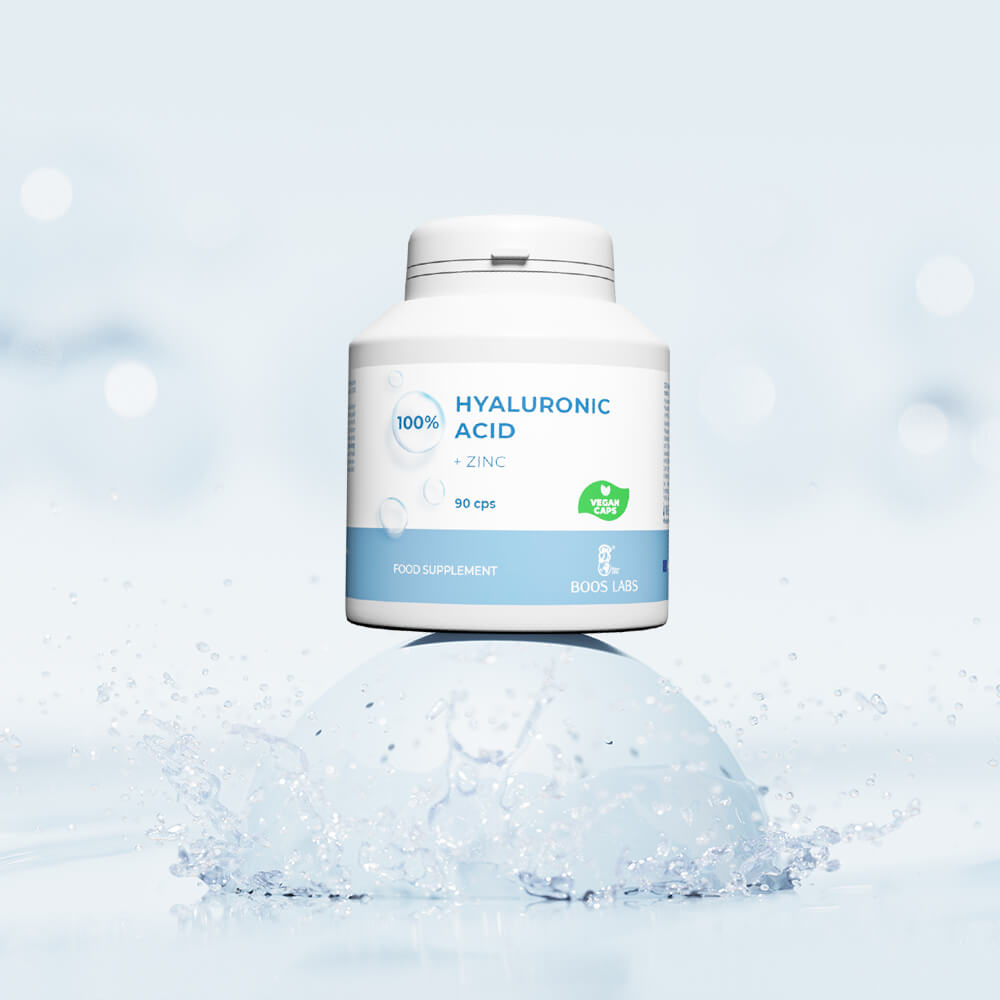What is Hyaluronic Acid?
Hyaluronic acid (also known as hyaluronan) is a naturally-occurring sugar that occurs in high concentrations at the highest points of the human body to serve as a moisture reservoir. It also plays an important role in keeping the skin hydrated and elastic. In addition, it also helps retain moisture and lubricate tissues, preventing the formation of cracks and creases. As such, this substance is often used to treat skin conditions like wrinkles, dryness, and saggy skin. In this article, we will discuss everything you need to know about natural moisturizer — its benefits, uses, side effects, risks, and more.

What is hyaluronic acid?
Hyaluronic acid is a natural sugar that occurs in high concentrations at the highest points of the human body to serve as a moisture reservoir. It also plays an important role in keeping the skin hydrated and elastic. In addition, it also helps retain moisture and lubricate tissues, preventing the formation of cracks and creases.
As such, this substance is often used to treat skin conditions like wrinkles, dryness, and saggy skin. It has also been found effective in treating joint pain and reducing inflammation. This acid is also used to treat other medical conditions such as hypermobility syndrome, gout, and osteoarthritis. In this article, we will discuss everything you need to know about hyaluronic acid — its benefits, uses, side effects, risks, and more.
How does hyaluronic acid work?
Hyaluronic acid binds to water molecules to provide volume to the skin. In addition, it also prevents water loss from the skin, keeping it hydrated and soft. As such, this substance is often used to treat skin conditions like wrinkles, dryness, and saggy skin. In addition, it has been found effective in treating joint pain and reducing inflammation. It can also be used to treat hypermobility syndrome, gout, and osteoarthritis. It can also be used topically to treat skin conditions like psoriasis, eczema, and acne.
Benefits of hyaluronic acid
The main benefits of hyaluronic acid include:
Boosts Skin Hydration
One of the main benefits of hyaluronic acid is that it boosts skin hydration. The more hyaluronic acid you have in your skin, the more hydrated and hydrated your skin will be. This makes your skin smoother and softer, making it look younger and more youthful.
Anti-Aging Effect
Another important benefit of hyaluronic acid is that it has anti-aging effects. This means that it can help fight the signs of aging like wrinkles, fine lines, and sagging skin.
Reduction in Sagging Skin
One of the most important benefits of hyaluronic acid is that it can help reduce sagging skin. Sagging skin happens when the levels of hyaluronic acid in the skin decrease. This causes the skin to lose volume, leading to saggy skin.
Improves Skin Texture
Another important benefit of hyaluronic acid is that it can help improve the texture of your skin. This means that your skin will look and feel smoother, softer, and silkier.
Treats Joint Pain
Another benefit of hyaluronic acid is that it can be used to treat joint pains. This makes it a great choice for people who have joint pains, like people with osteoarthritis.
Side effects of hyaluronic acid
The most common side effects include:
Irritation
One of the most common side effects includes irritation. The more hyaluron you have in your skin, the more likely you are to experience irritation. – Dryness: Another common side effect of hyaluronic acid is dryness. The more hyaluron you have in your skin, the more likely you are to experience dryness in your skin.
Allergic Reactions
Allergic reactions to hyaluronic acid are also common side effects. Like all allergies, allergic reactions can occur when you have too much of it on your skin.
Sensitive Skin
Another common side effect is that it can make your skin sensitive. This means that it can cause your skin to become irritated and sensitive
Conclusion
Hyaluronic acid is a naturally-occurring sugar that occurs in high concentrations at the highest points of the human body to serve as a moisture reservoir. It also plays an important role in keeping the skin hydrated and elastic. It has also been found effective in treating joint pain and reducing inflammation.
It can also be used topically to treat skin conditions like psoriasis, eczema, and acne. It can also be used to boost skin hydration and prevent moisture loss. Moreover, it has numerous benefits, making it an attractive supplement for anyone looking for a natural way to improve their skin texture and suppleness.
